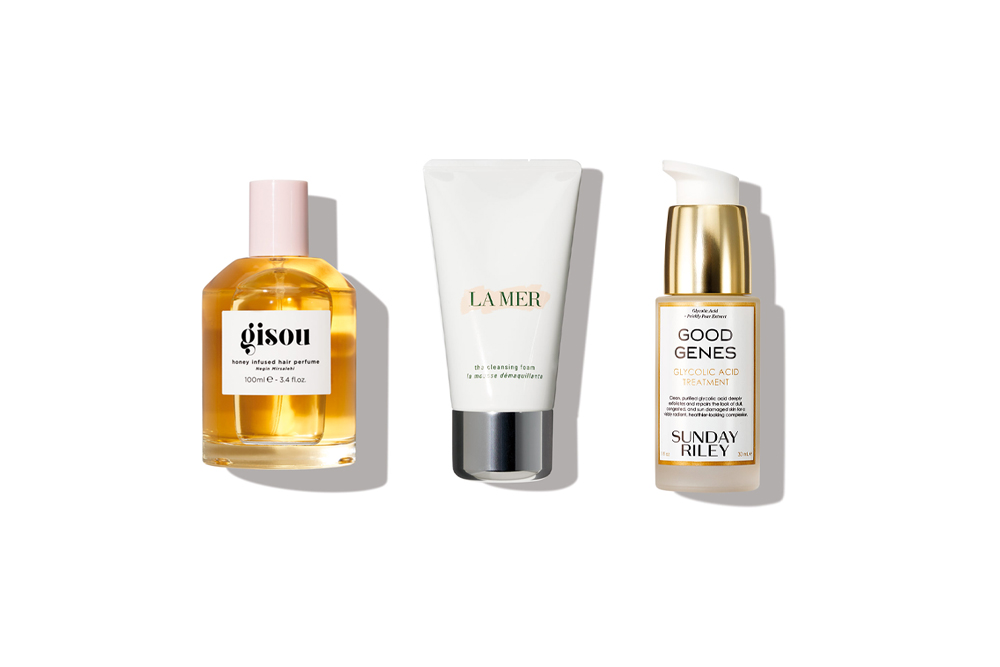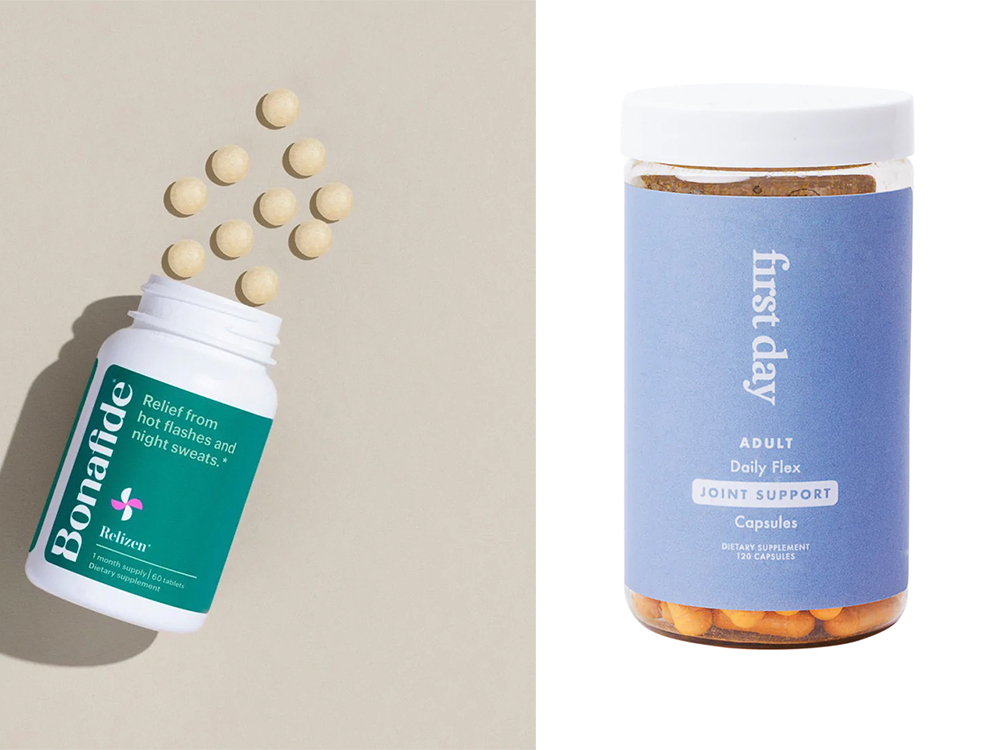If you have a tendency to grab a handful of vitamins or other supplements and think it’s a step in right direction to achieving total health, you may want to take pause—or at least take a good look at something pretty sinister some of these companies may be hiding in their capsules.
“Discovering arsenic (and other heavy metals like lead and mercury) in foods and supplements is nothing new, but recent studies by LabDoor [a company that does very detailed analysis of both dietary supplements and energy drinks] are worth paying some special attention to as a reminder that it’s always important to do your research,” explains celebrity nutritionist Cynthia Pasquella. “Companies regularly have tests done by independent groups, and it’s not uncommon to find that what’s inside does not always reflect exactly what’s on the label.”
You May Also Like: Do Vitamins Actually Work?
That’s right: There can be a lot of other “stuff” in your supplement, including the very scary (and poisonous) ingredient of arsenic. “Most people don’t know that there is actually no federal limit for arsenic in most foods, and that includes supplements,” Pasquella says.
“It is unfortunate that certain companies don’t go through the regulatory guidelines,” celebrity nutritionist Paula Simpson says. “You should really look for supplement companies that are stringent in quality, clinical research and NSF-approved [a mark that assures consumers, retailers and regulators that products have been rigorously tested to comply with all standard requirements], for example. That being said, white rice—yes, the food—is extremely high in arsenic, so it’s not just limited to supplements here.”
“I am not a big proponent of lots of supplements. In terms of getting ‘something that works,’ there is MINIMAL evidence for most supplements on the market,” says New York dermatologist Heidi Waldorf, MD, who adds that the only supplements she recommends are ones that have a scientific basis for their use.
You May Also Like: Are You Vitamin Deficient?
But before you ward off the world, consider this: Arsenic is a naturally occurring substance found in nature, and it can be found in many foods, including rice, seaweed, fruit juices, flour, corn, wheat, vegetables, fruits and drinking water. “There are two types of arsenic that you’ll hear about: organic and inorganic arsenic,” Pasquella explains. “Organic arsenic is generally thought to be nontoxic, although some people still find it concerning, while inorganic arsenic is definitely toxic and may cause long-term adverse health effects, from skin lesions to cancer.”
“When it comes to supplements, kelp supplements specifically have been shown to contain high levels,” she adds. “But as these new LabDoor findings show, arsenic can find it’s way into almost any supplement.” The bottom line: Taking the time to research the quality of your supplements is a very smart move.

















